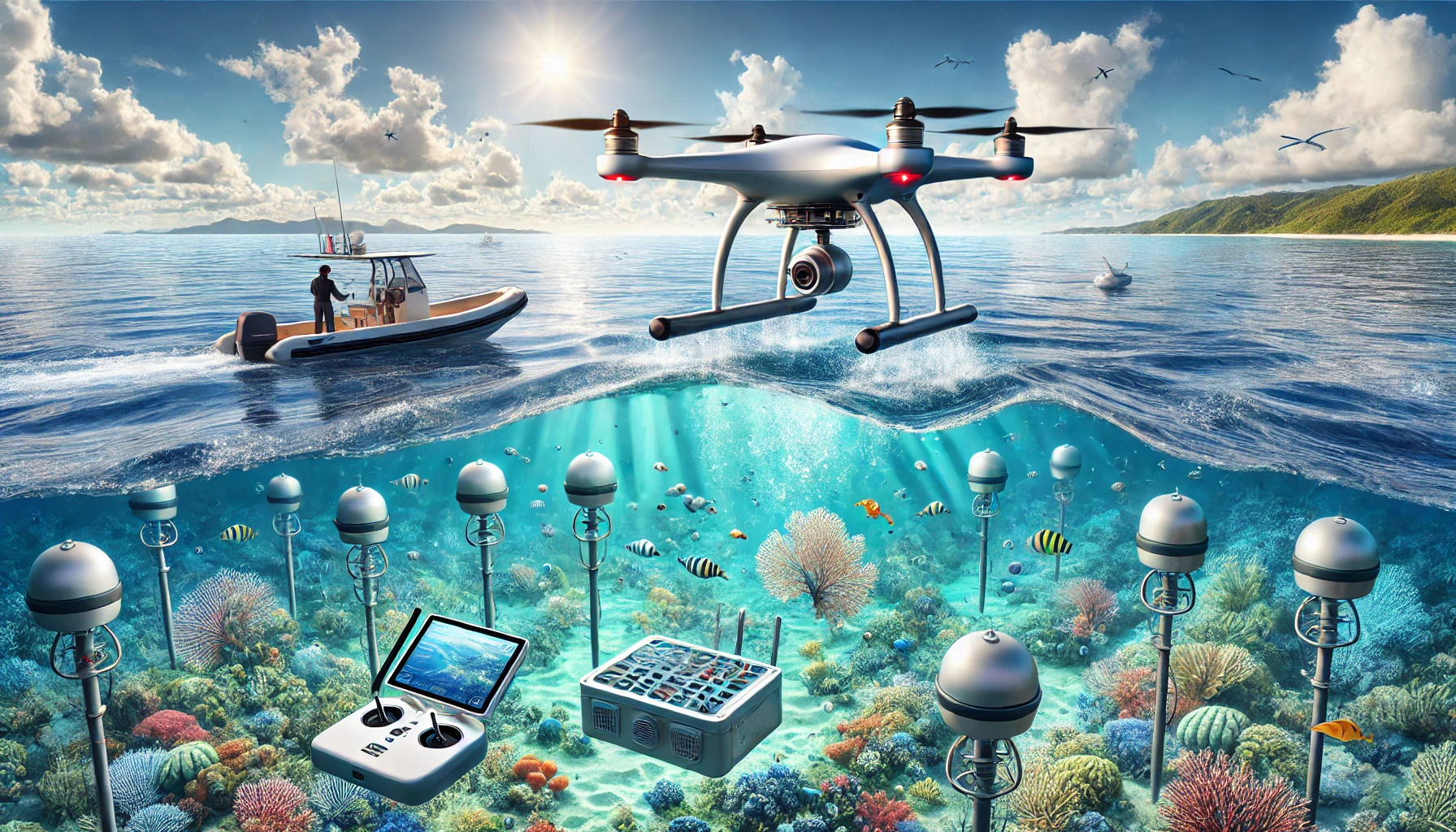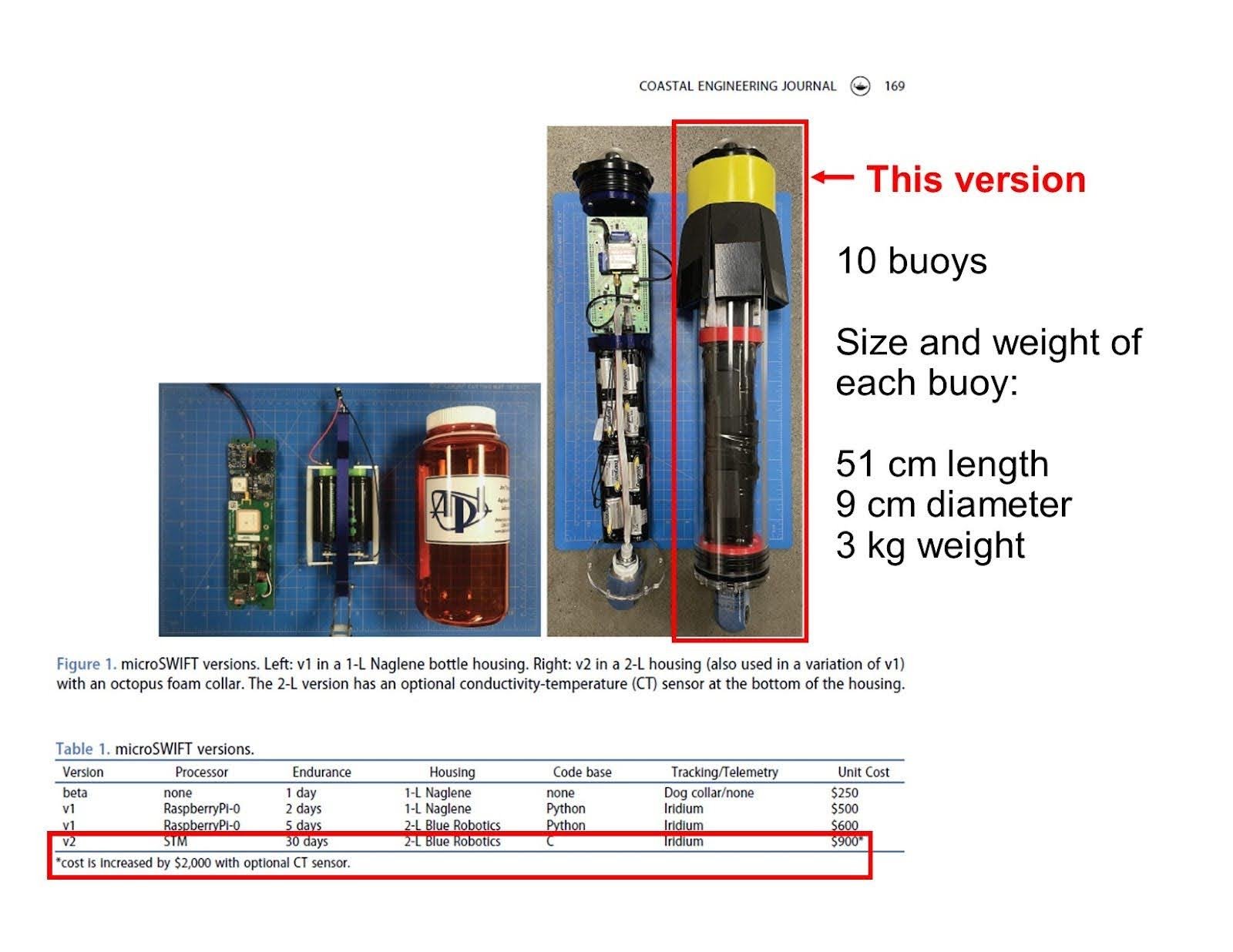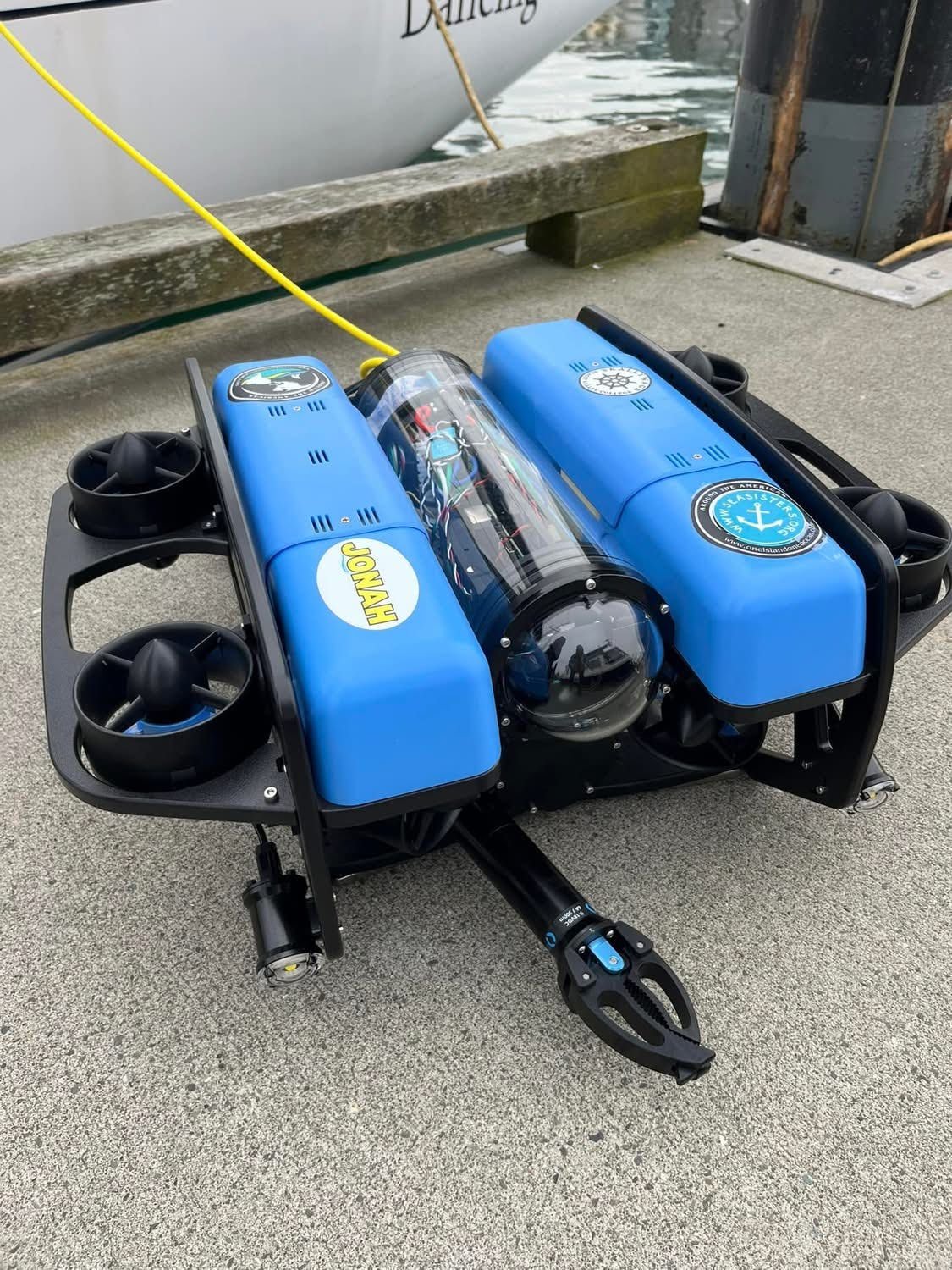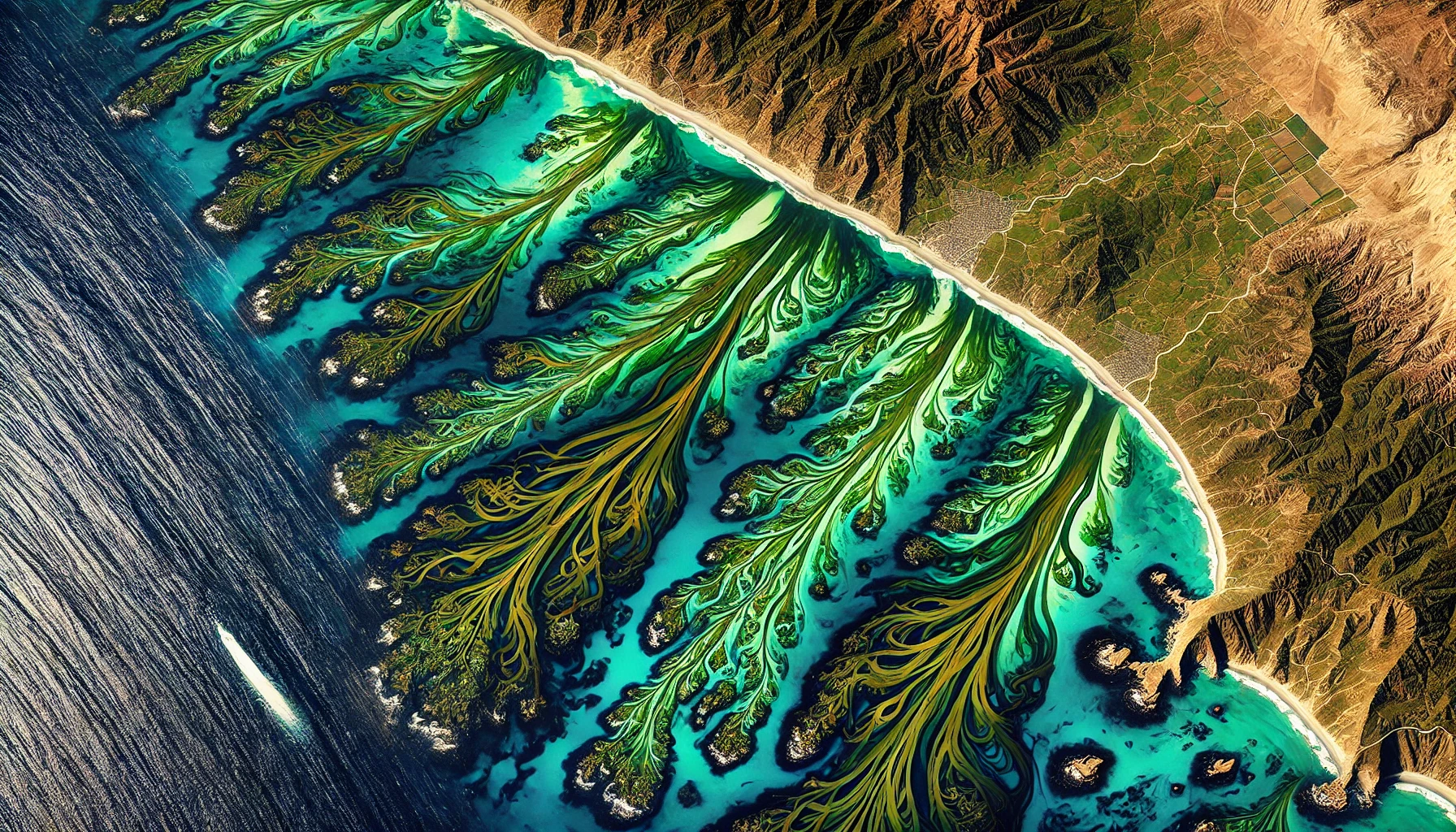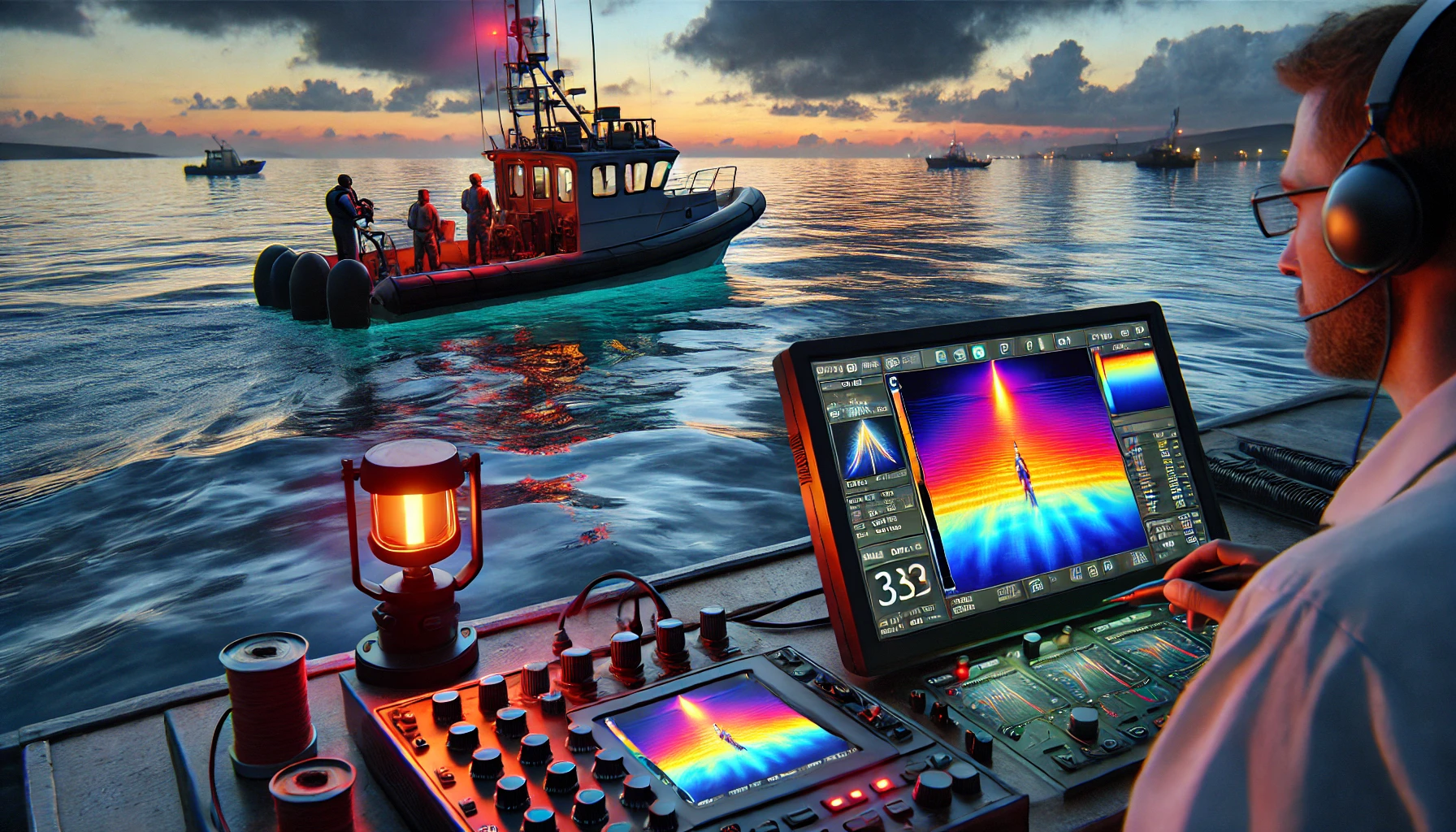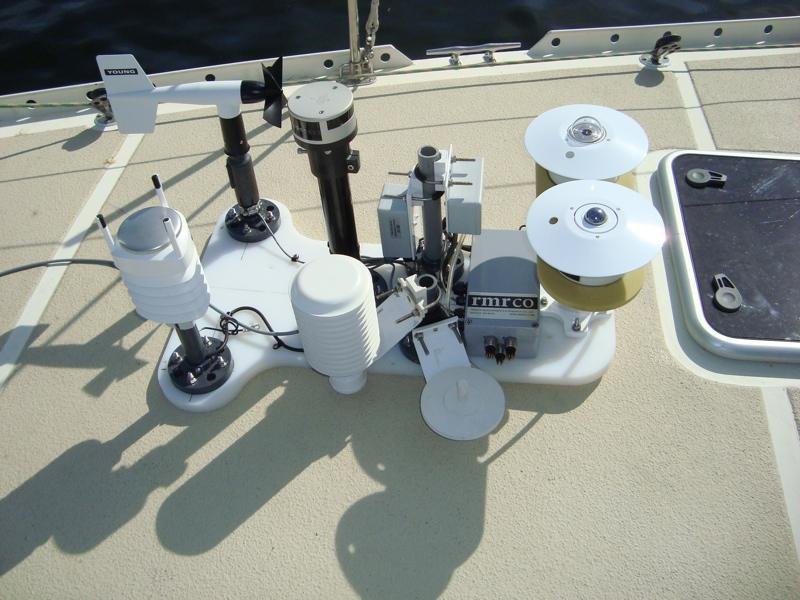Science and Technology
at the heart of our expedition
The Laboratory
Our Projects

Whale Research
The Around the Americas Expedition is dedicated to studying and conserving whales along the coastlines of North and South America, with a particular focus on British Columbia’s waters. Partnering closely with the North Coast Cetacean Society, BC Whales, our mission is to conduct groundbreaking research that informs effective whale conservation strategies. Using advanced photo-identification techniques, we aim to deepen our understanding of whales’ habitats and social behaviors, ensuring their survival and promoting the health of marine ecosystems.

Heat Flux and Ocean Surface Skin Temperature
The temperature of the ocean right at the surface is usually a few tenths of a degree Celsius (0.2 to 0.5 °C) cooler than the bulk temperature just a millimeter below the surface. Even though the difference is small, on a global scale the effect is important for estimating the uptake of CO2 by the ocean. This so-called "cool skin effect" is due to the typical conditions of cooling at the surface that results in a net flow of heat from the ocean to the atmosphere. The amount of the cooling depends on the magnitude of this net upward heat flux as well as the wind speed. We will install instrumentation at the top of the mast to measure the parameters necessary to study this effect. A weather station will measure wind, air temperature, relative humidity, and downward shortwave (solar) and longwave (clouds) radiation from the sky. The skin temperature will be measured using an infrared thermometer and the near-surface bulk temperature will be measured by a trailing thermistor known as a "sea snake". Since most measurements of the cool skin effect have been made in the open ocean, this is an unprecedented opportunity to study the cool skin in the coastal zone.

Pole-to-pole Kelp Study
The first latitudinal analysis of floating kelps (Bull and Giant kelp) from Alaska to Patagonia, covering the known regions where they occur with the associated environmental conditions. As part of the 2025-2026 Around the Americas expedition, we will establish kelp sampling stations in Alaska, British Columbia, Washington, Oregon, California, Chile, and Argentina, following the predefined route of ONE OCEAN.
Atmospheric and Oceanographic Research
We will conduct research operations in collaboration with the University of Washington Applied Physics Laboratory during our expedition. This research will include meteorological studies using a weather station on board to monitor atmospheric conditions and surface heat fluxes, as well as the deployment of specially designed buoys to measure wave and ocean/atmosphere properties.
